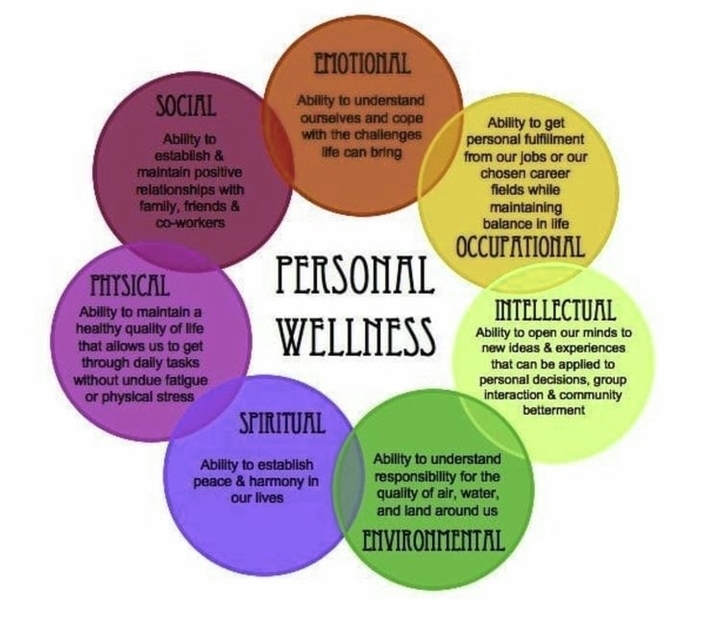Causes of Mental Health Issues in Young Adults
Mental health issues among young adults are a growing concern worldwide. Several factors contribute to these challenges:
1. Lack of Meaning and Purpose: Many young adults report a lack of meaning or purpose in their lives. This existential crisis can lead to feelings of anxiety and depression.
2. Financial Worries and Achievement Pressure: More than half of young adults report that financial worries and achievement pressure negatively impact their mental health.
3. Perception of a World in Chaos: A significant number of young adults feel that the world is falling apart, which can lead to feelings of anxiety and depression.
4. Relationship Deficits: Many young adults report a sense of not mattering to others and feelings of loneliness.
5. Social and Political Issues: Concerns about gun violence in schools, climate change, and political corruption can also negatively impact young adults’ mental health.
6. Substance Use: The use of substances like nicotine, often through vaping, can worsen sleep quality and mental health among young adults.
7. Language Disorders: Developmental Language Disorder (DLD), a condition that affects around 7.5% of children and causes difficulties with talking and understanding what others say, can create barriers to communication and contribute to mental health issues.
8. Societal Pressures: The pressure to conform with peers, exploration of identity, and media influence can exacerbate the disparity between a young adults lived reality and their perceptions or aspirations for the future.
9. Violence and Harsh Parenting: Exposure to violence, especially sexual violence and bullying, harsh parenting, and severe socioeconomic problems are recognized risks to mental health.
10. Living Conditions: Adolescents living in humanitarian and fragile settings, those with chronic illness, autism spectrum disorder, an intellectual disability, or other neurological condition, pregnant adolescents, adolescent parents, or those in early or forced marriages, orphans, and adolescents from minority ethnic or sexual backgrounds or other discriminated groups are at greater risk of mental health conditions.
In conclusion, mental health issues in young adults are multifaceted and complex, often resulting from a combination of individual, societal, and environmental factors. It’s crucial to address these issues early and provide young adults with the necessary support and resources to ensure their mental well-being.



